“I hope for a day when I would have no subjects left to make movies about,” she said during a 2015 ceremony honoring her for her charitable work. Chances are that, contrary to her wishes, she will not run out of subjects anytime soon.
Rakhshan Bani-Etemad is often referred to as Iran's premier female director. She has the rare honor of being loved by the Iranian public and acclaimed internationally. Her films focus on intractable social problems in Iran, from poverty to the situation of women. She has pushed against the limits of censorship and the Iranian authorities have often accused her of painting an unjust, bleak image of Iranian society.
Her interests in social problems are not merely artistic. When, in 2014, her last feature film Tales won the best screenplay award at the Venice International Film Festival, she auctioned off her prize to build a shelter for homeless women. She has launched humanitarian campaigns, including raising funds to buy overcoats for laborers to protect them from the winter cold.
Bani-Etemad was born in Tehran in 1954. Her parents wanted her to become a teacher, but she was interested in film from an early age. She received a bachelor’s degree in film studies from Tehran University’s School of Cinema and Theater. She started her career by working as a scriptwriter for the Islamic Republic of Iran Broadcasting (IRIB). Soon she was making documentaries for IRIB, an experience that sparked her interest in social issues.
She made her directorial debut in 1987 with Off Limits, a movie about a man and a neighborhood’s response to the flawed system of law and order, bureaucracy and the inability of local authorities to protect the people for which they are responsible. Off Limits and Bani-Etemad’s next two films were not successful, and were panned by critics.
In 1992 Bani-Etemad’s fourth feature, Nargess, became a success with critics and movie-goers alike. Fajr Film Festival in Tehran awarded her Best Director, making her the first female director to receive this award in Iran. The movie, according to one review, “pushes the limits, both of Iran's strict censorship laws and our expectations, in being an exceptionally sensitive portrayal of two very different women and a sympathetic treatment of characters who live outside of Islamic law, on the margins of Iranian society.”
Nargess was the first movie in what became known as the City Trilogy. The third film in the trilogy was the 2001 Under the Skin of the City, which won the Special Golden St. George Prize at the 23rd Moscow International Film Festival.
Besides receiving awards for her films, Bani-Etemad also received an honorary doctorate from University of London’s School of Oriental and African Studies (SOAS) in 2008.
Most of the protagonists in Bani-Etemad’s films are women who show resilience in the face of social, economic and legal adversities. But she rejects the label of “feminist” filmmaker, saying she is concerned about all people in the lower rungs of Iranian society.
Her feature films reflect the same interests she highlights in her documentaries. She often spends time living with families whose lives are similar to the characters in her movies. For example, in 2004, when she wanted to make Gilaneh, a feature film about the repercussions of the devastating 1980-1988 war between Iran and Iraq, she spent a year and a half in a village that was still suffering from the effects of the war.
“The way I look at and pursue cinema is beyond the art and film itself, but as a way to create social change… you know, to try and change someone’s life,” she said in an interview.
Many characters in her latest film, Tales, have been featured in her earlier films as well. “When you look at the characters and their life in the past 20 or so years, their situation hasn’t really changed for the better,” she said. “However, what is very important is that they have changed to become better people. I guess that’s what drove me and was most important for me.”
As the title indicates, Tales is a collection of vignettes, looking at a range of issues, from prostitution to corruption in government bureaucracies. The movie was made prior to 2014, but President Mahmoud Ahmadinejad’s administration refused to grant a public viewing license. The government of President Hassan Rouhani granted the license, but the version shown at international film festivals is different to the one screened in Iran. Nevertheless, Iranian state television condemned the film as “defamatory” and claimed it had been dismissed by foreign critics, despite the fact that it won the award for Best Screenplay at the 71st Venice International Film Festival and was screened in the Contemporary World Cinema section at the 2014 Toronto International Film Festival.
“Naturally as a filmmaker in Iran, and with films that are dealing with very sensitive social issues, I would be quite careful and aware of how to make a film that is actually reachable because I’d never want to make a film that isn’t able to be seen in Iran,” she said about the two versions of the film. “But never to the point where I would be self-censoring or making compromises. I have a vision of what I want to pursue, but then obviously to make films in Iran you need to find creative ways of bypassing censorship and telling what you want to tell, without compromise.”
Politically, Bani-Etemad is a reformist. She supported reformist President Mohammad Khatami and, in the runup to the disputed 2009 presidential election, she supported the reformist candidate Mir Hossein Mousavi, who has been living under house arrest since the election. For this support, the hardline media have included her name in the blacklist of “seditionist” artists.
Bani-Etemad is married to Iranian film producer Jahangir Kosari. Their daughter Baran Kosari is a professional actress and has appeared in some of her mother’s movies.




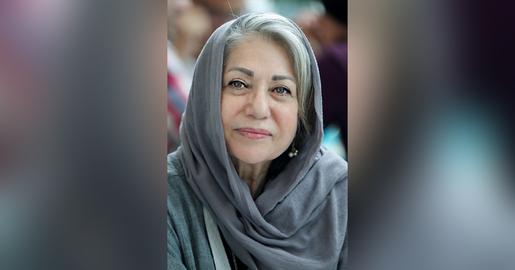
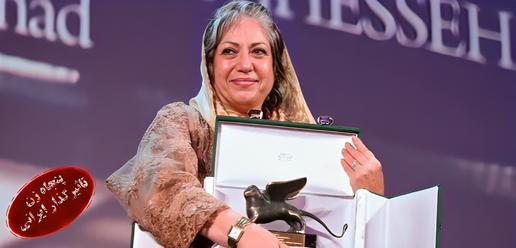






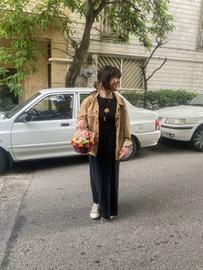
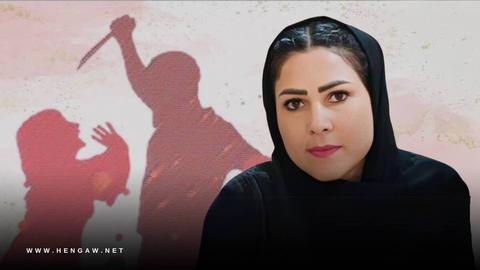


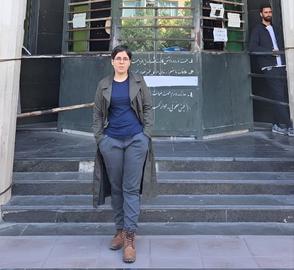
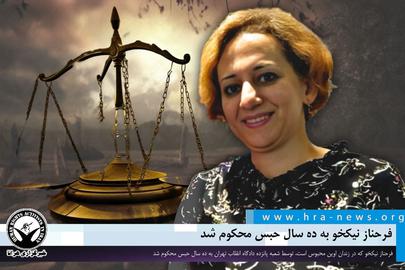


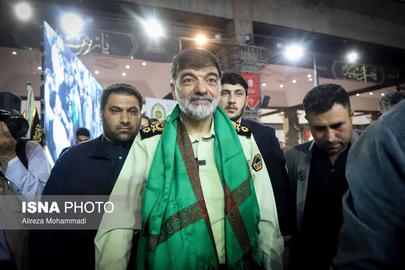

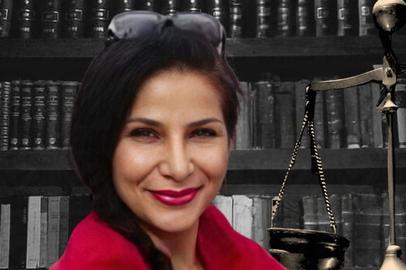


comments